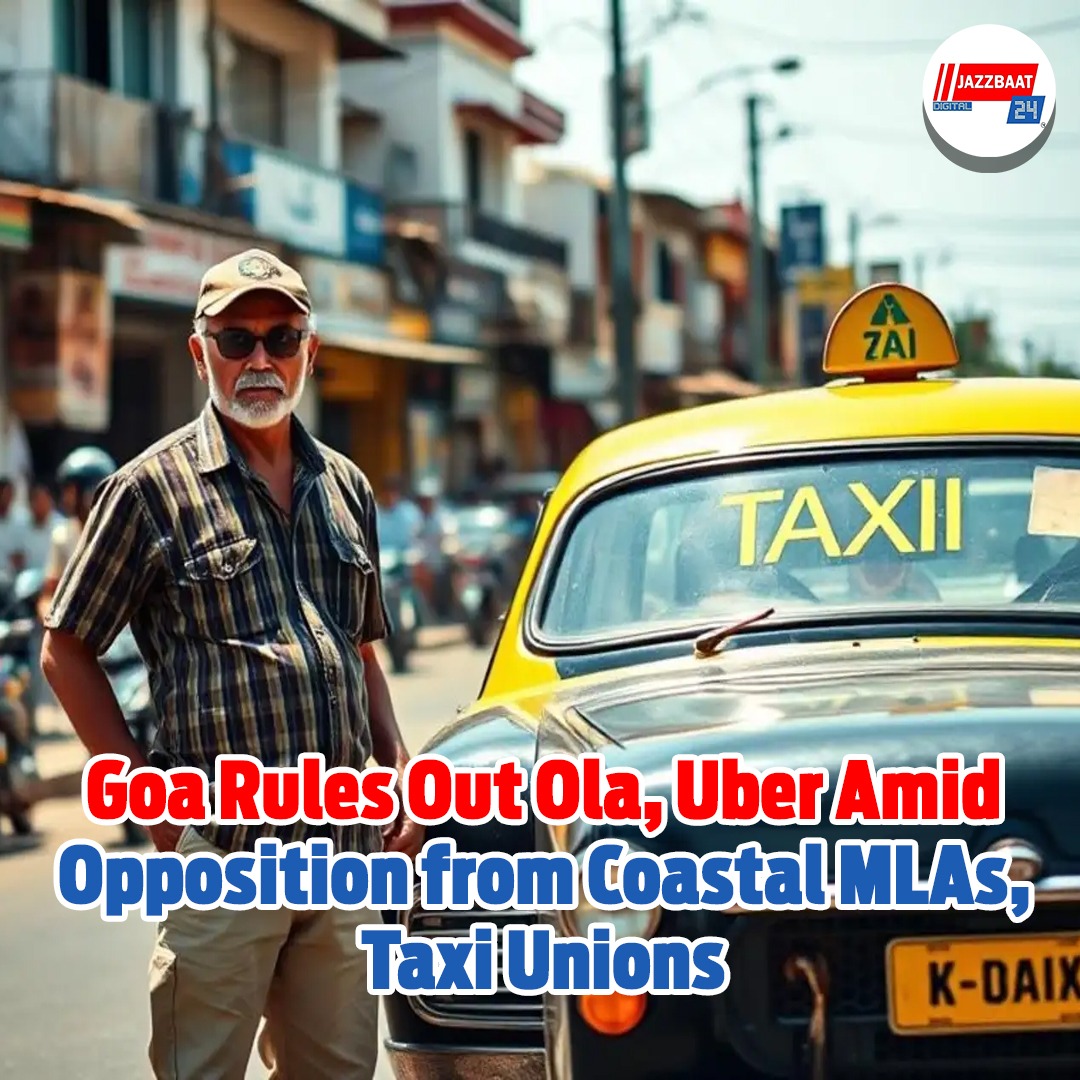
14 June, 2025:
Facing pressure from MLAs from the coastal belt, Goa Chief Minister Pramod Sawant announced on Friday that app-based taxi services like Ola and Uber will not be allowed to operate in the state.
This declaration comes even as the state government had issued the draft Goa Transport Aggregator Guidelines, 2025, inviting public suggestions and objections.
According to the reports, MLAs from the coastal belt urged the government to keep the new guidelines “in abeyance” until a comprehensive, operator-friendly taxi system is ready. They argued that any policy must first establish uniform fares and protect local livelihoods.
Chief Minister Pramod Sawant held a meeting with coastal MLAs Michael Lobo and Jit Arolkar, along with representatives of taxi operators, to address concerns.
Emphasizing that the draft was merely a guideline, he said, “There should be no confusion among the people, as it is just a guideline for aggregators. Ola and Uber will not come here. We will take all stakeholders, including hotels, taxis and MLAs, into confidence to put a system in place. We will resolve this issue. All should remain calm.”
Arolkar said that the purpose of the meeting was to address the fear among taxi operators that cab aggregators like Ola and Uber will come to Goa. “During the meeting, it was decided to have equal taxi fares across the state,” he said.
Lobo said, “We have demanded that the guidelines should be kept in abeyance. We want taxi operators’ issues to be addressed systematically. There should be no bargaining while hiring a taxi. Tourists should leave with good memories. Customers should know the exact rate. We want the taxi business to remain with locals only.”
Last month, the Goa government issued a draft of the Goa Transport Aggregator Guidelines, 2025, outlining a regulatory framework for app-based taxi and bike taxi services. The draft includes provisions on licensing fees, fare regulations, and operator incentives. However, the proposal has faced strong opposition from taxi unions across the state, who argue that allowing private app-based aggregators could threaten the livelihoods of local taxi drivers.